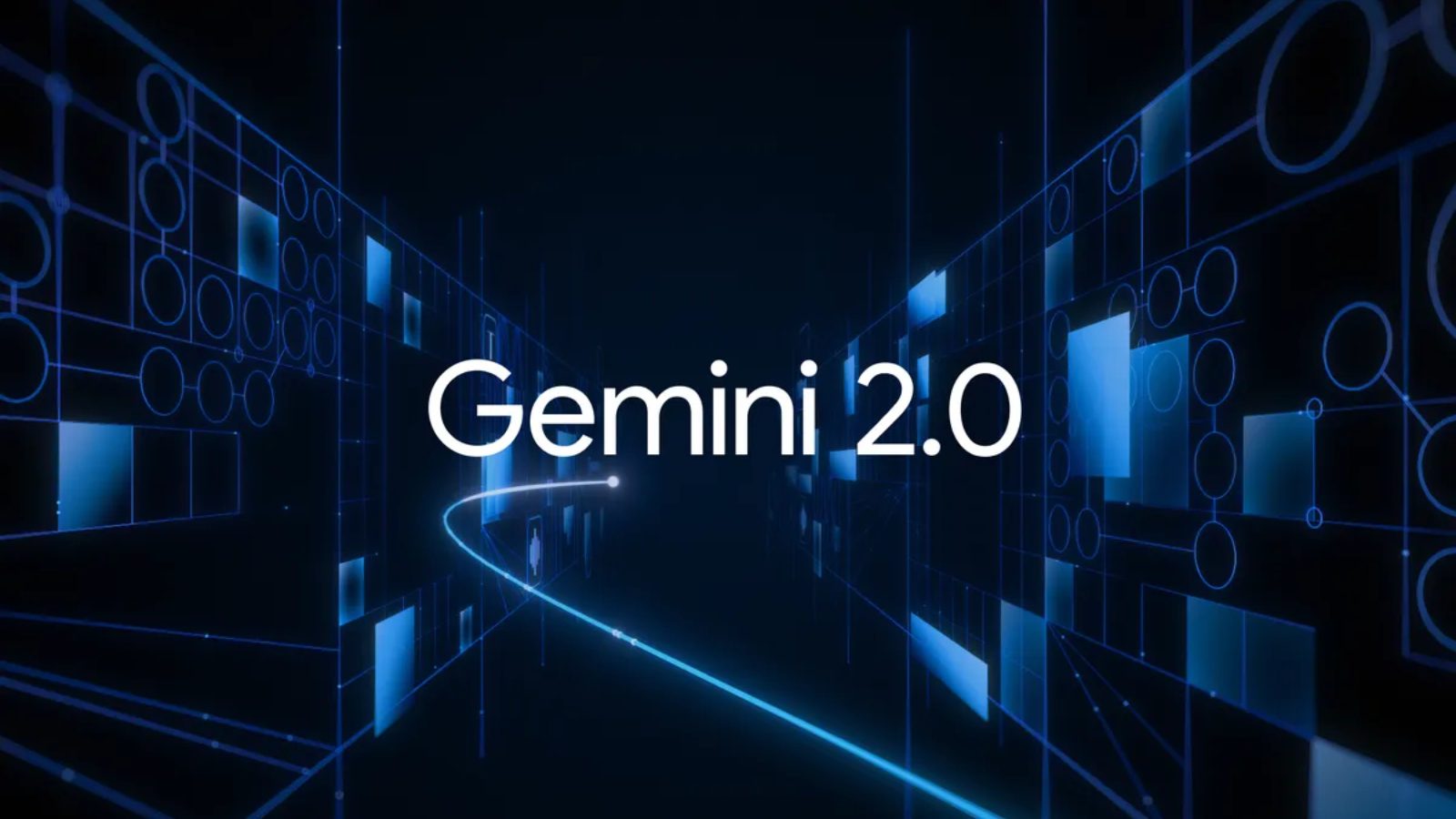Google has unveiled Gemini 2.0, the latest iteration of its artificial intelligence (AI) platform, marking a significant technological leap in developing AI agents capable of advanced reasoning and real-world applications.
Introduced in December 2024, the enhanced system is a pivotal step in Google’s AI roadmap, underscoring its ambitions to redefine human-computer interaction. The new update builds on its predecessors, Gemini 1.0 and 1.5, and is aimed at improving functional capabilities and scalability for myriad tasks, making it a cornerstone in Google’s AI strategy.
According to Sundar Pichai, CEO of Alphabet and Google, the system showcases significant advancements, particularly in crafting an AI model that can reason and draw inferences more closely aligned with human problem-solving techniques.
The new multifunctionality advancements position Gemini 2.0 as a critical tool for both enterprises and everyday users seeking applications that require more nuanced cognition than earlier generative AI models.
This update forms part of Google’s broader efforts to close the intelligence gap between task-specific AI models and human-like adaptability. Among its many capability upgrades, Gemini 2.0 leverages an advanced multi-modal interface, allowing it to process and interpret diverse data formats such as text, images, and contextual cues concurrently.
For instance, the AI model can now annotate images, explain complex scenarios, or act as a virtual assistant to guide users through intricate multi-step processes. This integrated functionality, compared to its predecessor, enables a smoother transition toward future AI systems with greater autonomy, improved real-world utility and the ability to solve intricate problems with minimal human intervention.
Analysts familiar with the rollout noted that this level of progress not only highlights Google’s significant investment in AI but also establishes the company as a central player in the global race for AI supremacy.
As competitors like OpenAI and Meta advance their own general intelligence platforms, Google’s refined approach to interlinking reasoning and comprehension offers a strategic edge.
The introduction of Gemini 2.0 brings broader concerns for developers to address, primarily focusing on ethical AI usage, transparency in decision-making, and unintended algorithmic biases.
Google has significantly increased its focus on mitigating these risks by embedding standardized guardrails into the model.
Additionally, the company has emphasized its commitment to developing fair and responsible AI systems, a crucial requirement as such technologies become deeply embedded in critical industries like healthcare, education, and finance.
The accuracy and reliability of AI systems like Gemini 2.0 will serve as the basis for their potential adoption across various domains. For example, in the healthcare industry, enhanced reasoning, precision and predictive analytics could assist medical professionals in diagnosing diseases by analyzing layered patient data and flagging potential anomalies that human eyes might miss.
Despite the technology’s potential, critics have called attention to the broader discussion of AI’s role in society, often sounding warnings about the unchecked power of corporations in defining the future of AI.
Experts within the tech policy space caution that while these systems can offer enormous value, an over-reliance on a handful of proprietary solutions could inadvertently create monopolistic structures around AI control. There is still ongoing debate regarding implementing proper regulatory frameworks to ensure competition, equitability, and transparency.
By enhancing its existing AI ecosystem with versions like Gemini 2.0, Google seeks to address long-standing limitations in automation, adaptability, and user trust. Yet, the company remains acutely aware of its responsibility to develop AI tools that benefit society equitably.
As industries and consumers continue to adopt AI into their everyday operations, the advancements demonstrated in Gemini 2.0 hint at a profound shift on the horizon. Beyond its technological strides, the real test lies in the platform’s ability to steer users toward more productive, informed, and error-free outcomes.
The outcomes of this shift will likely define the next generation of AI-driven interactions and tools, potentially revolutionizing not just how we engage digitally but also how we solve the complex problems of tomorrow.






